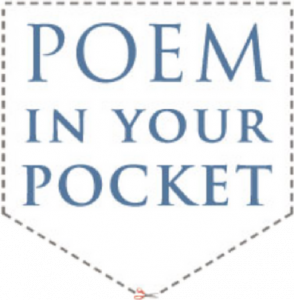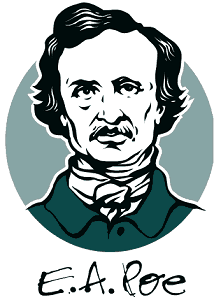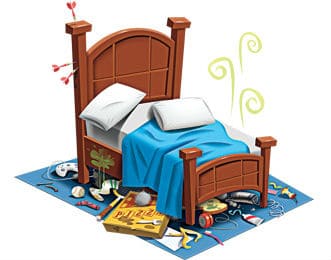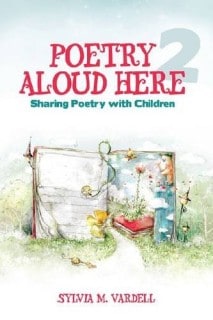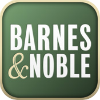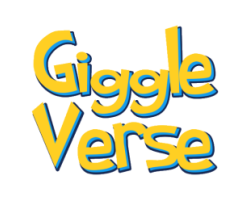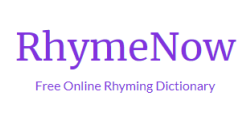My friend Kelly Milner Halls recently participated in the Writing Process Blog Tour on her blog and asked me if I would follow her in the tour, answering a few questions about my writing. Of course, I said yes. Kelly is such a wonderful children’s author and all-around awesome human being that I thought it would be a great way to let my readers know about her and her books. She also asked Claire Rudolf Murphy to participate, and she should be posting her answers on her blog in the next couple of days.
I’ve asked Douglas Florian and Nikki Grimes to follow me in this blog tour, so next week you should be able to read about what they are working on and how and why they write what they do.
So, without further ado, here are my answers to the four questions posed on this blog tour:
What am I currently working on?
I’m currently working on a rhyming picture book. In the past, most of my books have been poetry collections, but these days I find myself writing more picture books.
How does my work differ from others in my genre?
With a few notable exceptions (e.g., Shel Silverstein, Jack Prelutsky, Douglas Florian) most children’s poetry books aren’t humorous. They tend to be more informational; poems about nature, animals, etc. So I guess it’s fair to say that my books differ from most children’s poetry books in that they are funny. At least, I hope they are. :-)
Why do I write what I write?
As a child, I loved hearing and reading funny poems and songs. So mostly I write the same sorts of things that I loved reading as a kid. I also loved reading kid detective novels, but I haven’t tried my hand at one of those yet.
What is my writing process?
Any time I get an idea, I jot it down in a note on my phone or laptop using Evernote.
I don’t have a regular writing time or location. I write whenever I can make time, and I do it wherever I happen to be. Usually that’s at home, but often I will go the the library or a coffee house to work.
When I am able to carve out a little time to write, I start by going through my ideas to find one that I would like to work on. I do all of my writing on my laptop computer using a number of programs, including Evernote, Rhymesaurus, Rhymezone.com and Thesaurus.com. I write and revise, write and revise, write and revise, until I feel like there is nothing else I can do to improve the poem. When I’m finished writing t, I file the poem in Evernote and then come back a day or two later. Often times I will see something I didn’t notice before, and I’ll make a few final revisions. At that point, the poem is usually ready for posting on my website or including in a manuscript.



